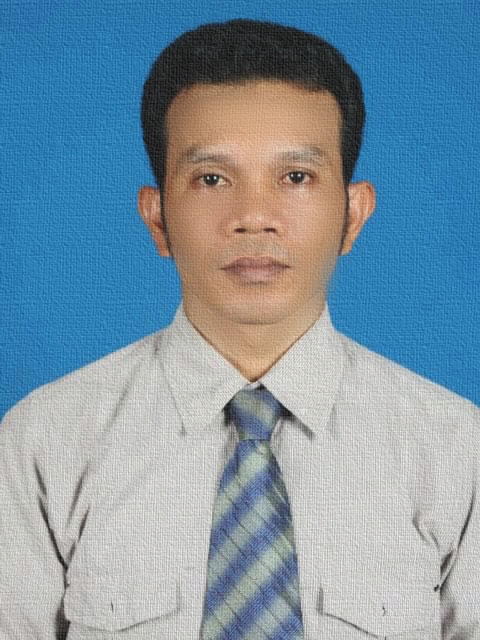Dr. Gamal M. Samadan
@bdp.unkhair.ac.id
Aquaculture/FIsheries and Marine Faculty
Khairun University
RESEARCH INTERESTS
Aquaculture and Fisheries
Scopus Publications
Scopus Publications
G M Samadan, Yuliana, R Masril, A Syazili, and Supyan
IOP Publishing
Abstract Water quality management for aquaculture is very important because water is a living medium for aquaculture organisms. One of the technological products that use microbes to create a better environment by breaking down organic matter is probiotics. This study aims to determine the effects of different probiotic administration times on water quality in white leg shrimp culture at a laboratory scale. Juveniles of white leg shrimp with PL27 size were reared for 45 days and given four treatments with probiotics at different times. The result showed that the administration of probiotics with a short period interval had a significant effect on floc volume, absolute growth, survival rate, concentrations of ammonia, nitrate, and nitrite. Provision of probiotics with a short time span tended to reduce the concentration of ammonia, nitrate and nitrite. The difference in time of giving probiotics to bio-floc media increased the growth of white leg shrimp, improved water quality, and reduced the concentration of ammonia (NH3), nitrate (NO3), and nitrite (NO2).
Supyan, A N Susanto, G M Samadan, and Sulistiono
IOP Publishing
Abstract Traditional wisdom was established on familiarity and concern for the homeland, where people are very dependent on their local resources and they developed management values based on their cultural beliefs. Traditional wisdom and its application can be useful for ecological management plans, especially conservation programs. The application of traditional wisdom as a starting point for conservation is based on: (1) Community institutional system (2) Community collective knowledge (3) Community relationship with their environment. Traditional wisdom is part of the basic theoretical framework in strengthening research designs with specific local knowledge, including environmental relationships that occur in the area. When conservationists recognize usefulness of traditional wisdom, they can engage in knowledge exchange and foster sharing of responsibilities with indigenous peoples. This type of exchange can also provide opportunities for indigenous peoples to develop scientific infrastructure.
N S Yasa, L Anshory, S J. Purnomo, and G M Samadan
IOP Publishing

